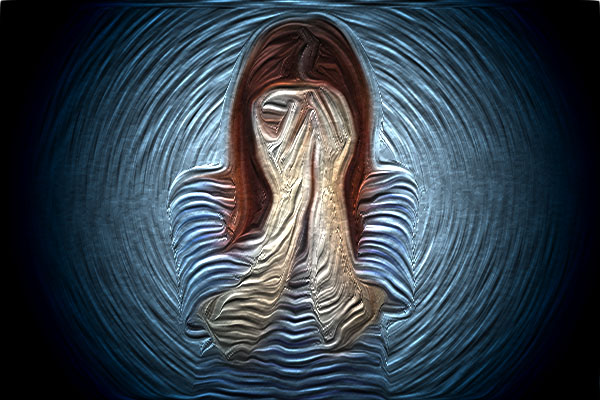
Shame
What is shame?
Shame is a self-conscious emotion, which begins to develop in early childhood (1½ to 2 years of age) and is linked to a child’s ability to understand him- or herself as perceived by another. Shame can have paralyzing effects and cause long-term suffering as it sustains itself in a cycle. Typical behaviors which indicate shame include: turning the face and looking away, a lowered head, trying to make oneself smaller, a hunched body, blushing, increased heart rate, sweating, heart palpitations, being less talkative, being soft-spoken, avoiding others.
Shame as a consequence of sexual abuse
The sexual abuse of children, adolescents or vulnerable persons leads to life-long consequences for the victims on various levels. The main consequences found in various studies, include depression, post-traumatic stress disorder (PTSD), low self-esteem and adjustment problems on a social and an emotional level. On an emotional level, negative emotions, such as fear, disgust, sadness, anger or shame are dominant in survivors of sexual violence. These feelings can also be ambivalent on a wide scale, which means they are not always attached to a specific situation object or person. Shame and guilt play an important role in the everyday life of these people as these emotions often lead to further behavioral problems and can lead to many restrictions in social living. Victims of abuse often feel dirty and ashamed, thinking that what happened is their own fault, and indeed their abuser may tell them that this is so; they feel guilty and have a poor self-image and low self-esteem. Therefore, in situations in which a person becomes a helpless victim he or she may feel ashamed or even guilty. These feelings often paralyze and hinder the person from disclosing abuse and from talking to somebody about the abuse they have experienced. In this way, the person can find himself/herself caught up in a vicious circle and, without external help, won’t be able to break out of it. It is difficult to give a simple answer for overcoming feelings of shame. Victims need persons who listen to them and believe them, persons they can trust.

